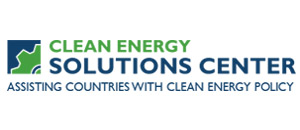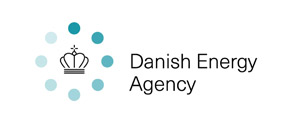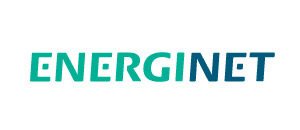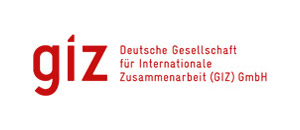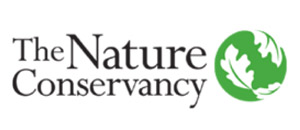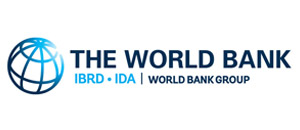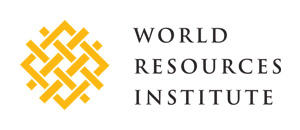21st Century Power Partnership
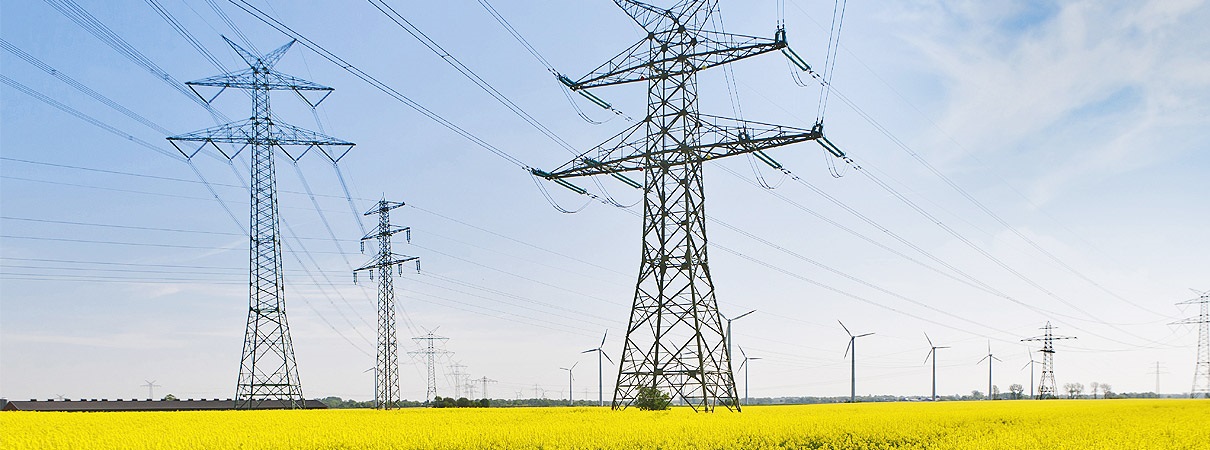
Goal
The 21st Century Power Partnership is a multilateral effort of the Clean Energy Ministerial (CEM) and serves as a platform for public-private collaboration to advance integrated policy, regulatory, financial, and technical solutions for the large-scale deployment of renewable energy in combination with deep energy efficiency and smart grid solutions.
Overview

The CEM 21st Century Power Partnership (21CPP) focuses on four key activities associated with power system transformation around the globe:
- Supporting country-level policy and regulatory implementation
- Sharing knowledge and best practices
- Strengthening and disseminating tools
- Bolstering expert capacity
Actions Plans & Power System Transformation
In 2022, a collaborative report Lessons Learned for Rapid Decarbonization of Power Sectors was delivered to Energy Ministers and presented at the CEM13 in the United States. The report brought together lessons learned from several jurisdictions with focus on how to plan, build and operate a progressively decarbonized power systems and provided a general Action Plan Framework for Countries to share their experience and learn from each others.
Since then, several countries have used this Framework to implement their domestic action plans. The action plans, supported by the CEM 21st Century Power Partnership and other CEM workstreams via direct technical assistance and capacity building, are intended to focus on select implementation actions given each country’s existing power sector goals and activities, and are an opportunity for countries to display leadership in power sector decarbonization. These action plans are voluntary, developed by each country individually, not comprehensive of all activities within the jurisdiction, and are living documents that are subject to change.
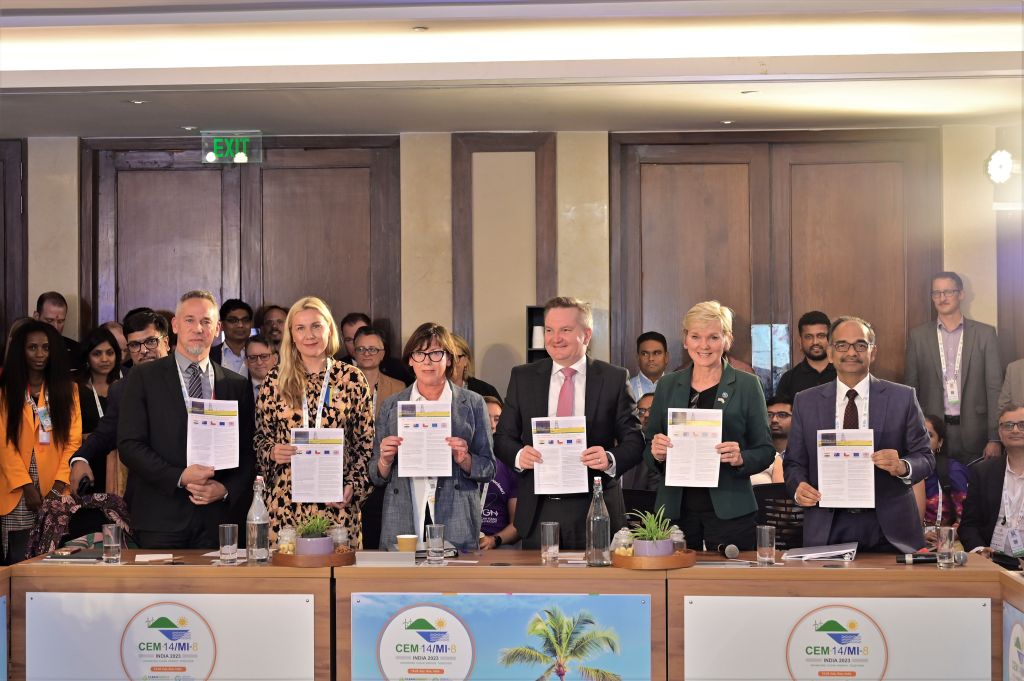
First Cohort of Action Plans—CEM14
Second Cohort of Action Plans – CEM15
POWER SYSTEM TRANSFORMATION
Goal
Reports and Workshops on Best Practices in Grid Management and Market Operations for Integrating Variable Renewable Energy
Additional Information
The first consultation of the Aspirational Targets working group was completed and the results were A hallmark of our work program in renewable energy grid integration focuses on “International Best Practices in Electric Grid Management and Market Operations for Integrating Variable Renewable Energy.” We have partnered with leading development organizations, foundations, and others to conduct grid integration studies in India and Mexico and are currently starting such a study in South Africa. The audience for these reports and workshops are policymakers, regulators, grid planners/operators, and civic society. This activity aims to provide a comparison and analysis of practices in:
- Electric grid management, including forecasting renewable energy production and balancing/scheduling
- Data and model needs for informative grid integration studies
- The role of flexible generators in systems with large amounts of variable generation
- Market operations, such as open access and ancillary services that are implemented in or considered for various jurisdictions around the world to enable large penetration and integration of variable wind and solar.
How to Join?
Contact 21stCenturyPower@nrel.gov
Lorem ipsum dolor sit amet, consectetur adipiscing elit. Ut elit tellus, luctus nec ullamcorper mattis, pulvinar dapibus leo.


